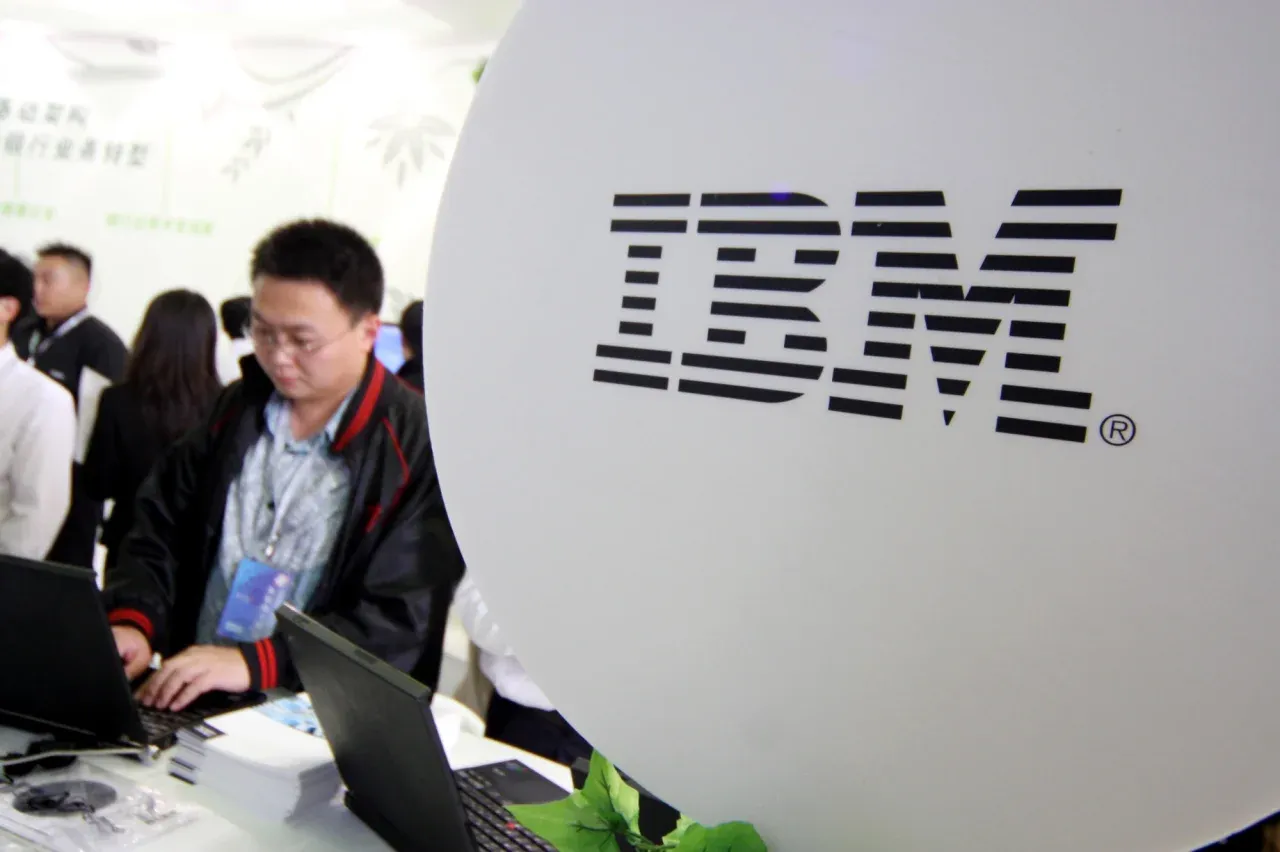IBM to cut 8,000 jobs with the help of artificial intelligence

IBM has started the process of replacing some positions in the human resources department with artificial intelligence (AI) agents. This was reported by Zamin.uz.
The company’s CEO, Arvind Krishna, revealed this in an interview with The Wall Street Journal. According to him, this decision not only represents an internal company reform but also marks a new phase in the technology market.
Krishna emphasized that several hundred employees' tasks in IBM's human resources department will be automated through artificial intelligence. This process includes tasks such as recruitment, data verification, managing employee transfers between departments, and preparing administrative reports.
He believes that this is not only a time-saving measure but also a way to increase efficiency. Furthermore, although artificial intelligence takes on some tasks, it is stressed that this will not lead to unemployment; on the contrary, it will open up new opportunities.
According to IBM data, the company employs nearly 26,000 people in back-office departments. As a result of AI implementation, approximately 30 percent of positions could be automated.
This means about 8,000 job cuts. At the same time, the company has hired more than 7,000 new specialists in technical fields, including engineering and AI sectors.
Analysts say this decision is of strategic importance for IBM. The company aims to maintain its competitiveness by broadly integrating artificial intelligence into work processes.
However, this process may also pose a risk of sidelining the human factor. The introduction of artificial intelligence at work is being observed not only at IBM but also at other major technology companies.
For example, Amazon has planned to automate some of its processes using neural networks. However, it has been noted that the application of artificial intelligence does not always yield the expected results.
For instance, according to a report by Harness, 45 percent of organizations that implemented AI encountered technical errors, and 72 percent experienced unexpected problems. Nevertheless, IBM’s management views AI technology as an essential part of the future.
Krishna evaluated artificial intelligence as a tool that complements human experience and makes labor more efficient. According to experts, in the coming years, AI can be applied not only in technical fields but also in management, marketing, and education sectors.
At the same time, this process may lead to the emergence of new professions and opportunities. In conclusion, IBM’s decision is causing various assessments.
Some see it as a risk of unemployment, while others consider it an important step toward technological progress and achieving efficiency. One thing is clear: artificial intelligence is shaping new rules in the labor market.







